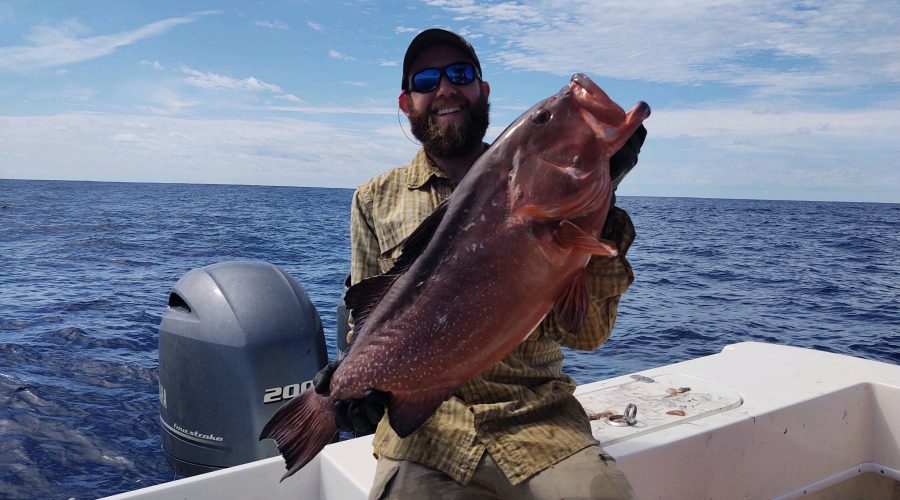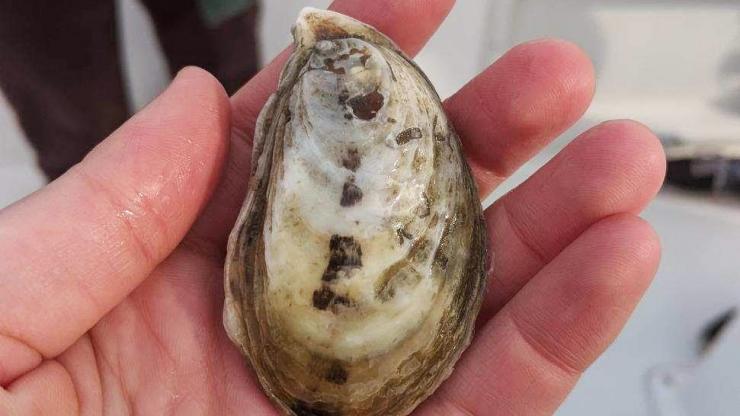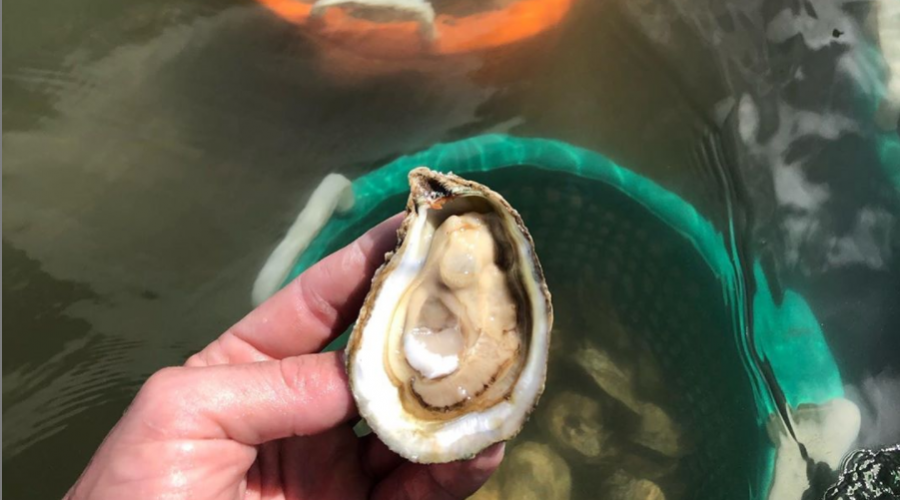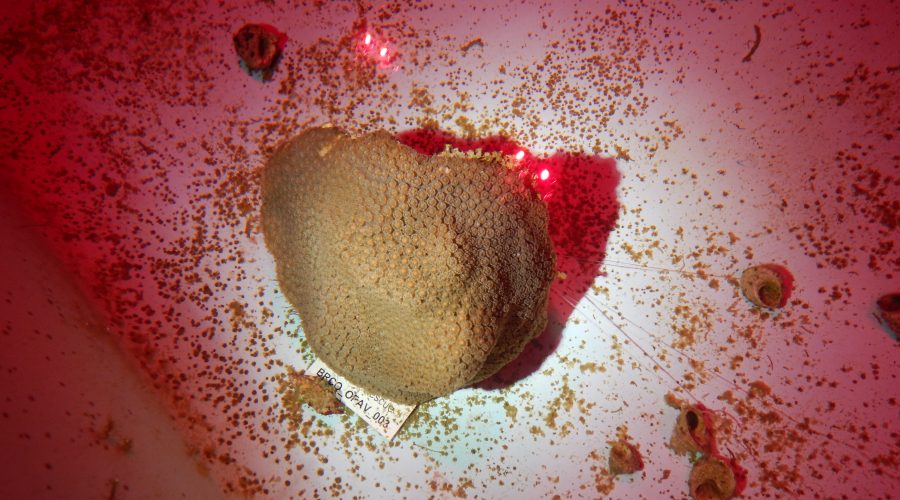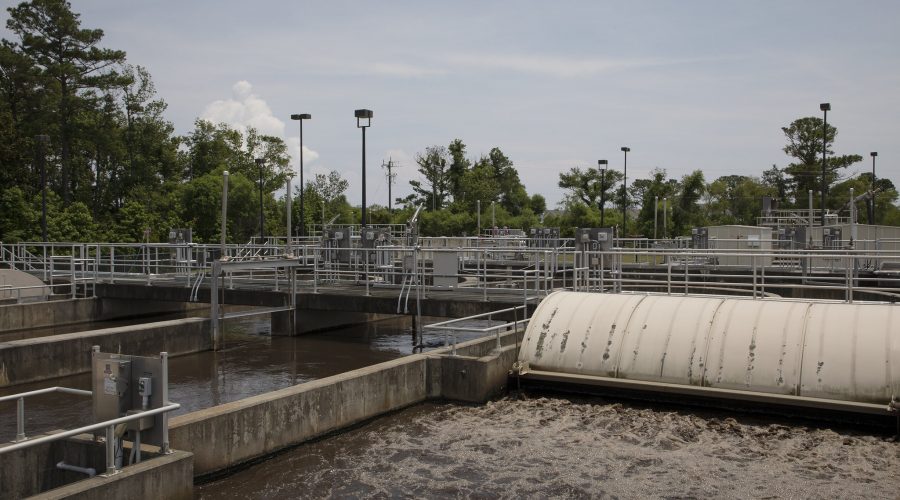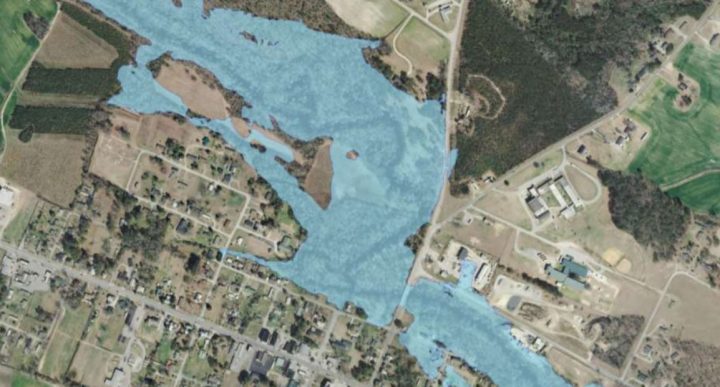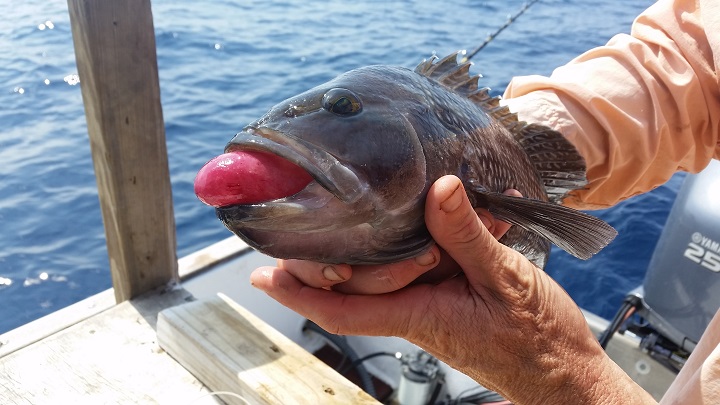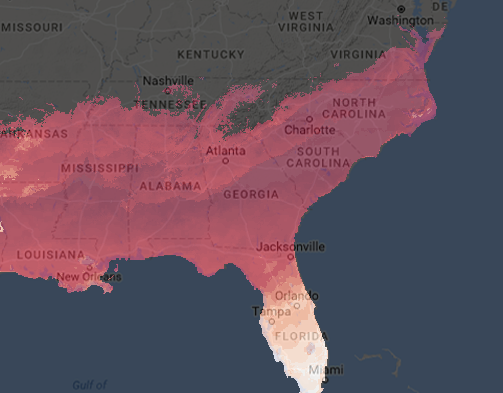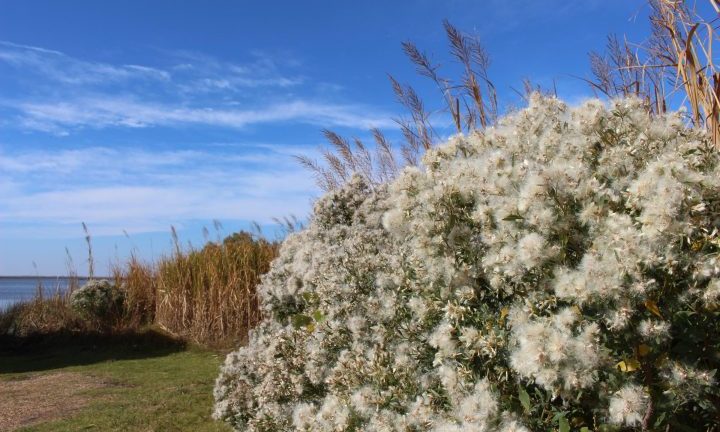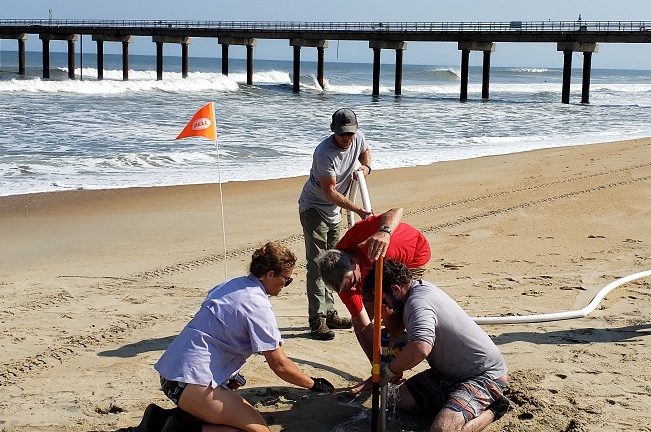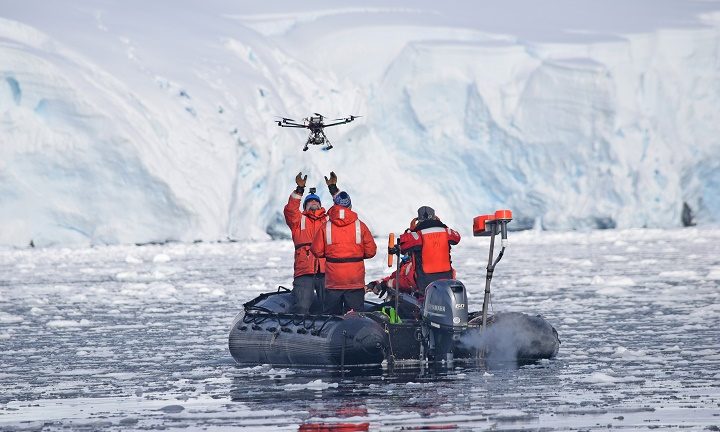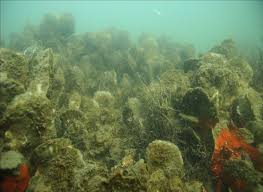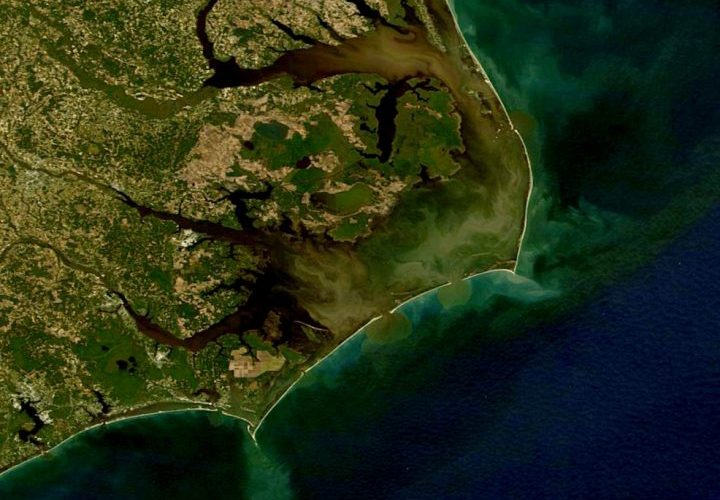Appalachian State University is collaborating with Rachel Noble and her team of researchers at the UNC Institute of Marine Sciences to set up a coronavirus tracking system at the Boone campus.
Science
Fish Study Finds Stock Estimates May Be Off
A new study finds that, for several species of oceanic sport fish, individual fish that are caught, released and caught again are more likely to be reeled in again than anticipated.
Study to Look Closer at Red Wolf Ancestry
Two weeks after a federal court ordered a recovery plan update for the endangered red wolf population in northeastern North Carolina, a new report lays out plans to further study the species’ genetics.
‘Shellabrate’ Oyster Week in North Carolina
“Shellabrate” the history, culture, economy, ecology and the state’s Oyster Trail that offers unique ecotourism experiences during NC Oyster Week Oct. 12-16.
Ocean May Be Key to Feeding World: Study
A recent study projects that the amount of food produced from the ocean could increase by as much as 74% by 2050, but the researchers point to big obstacles, namely policy and regulation.
UNCW Researchers Spawn Endangered Coral
Researchers at the University of North Carolina Wilmington Center for Marine Science are the first to spawn two species of coral in a laboratory.
Sewage Sampling May Preview Virus Trends
UNC researchers say samples taken from wastewater treatment systems may provide an early glimpse of what’s going on with the coronavirus in the population.
Gauges Added to Improve Flood Prediction
The Albemarle-Pamlico National Estuary Partnership recently funded three new gauges for the state Flood Inundation Mapping and Alert Network to help better predict flooding in the low-lying northeast region.
UNC Institute Shows Off Renovated Lab
Coastal researchers and UNC officials recently gave invited guests an up-close look at the newly refurbished wet labs at the university’s Institute of Marine Sciences in Morehead City.
Research Helps Survival of Released Fish
Researchers at N.C. State’s Center for Marine Science and Technology have been studying caught and released fish to better estimate death rates and improve their odds for survival.
Spring Leaves Appearing Earlier Than Normal
The earliest leaves of spring in much of North Carolina and along the coast are coming out nearly a month earlier the long-term average this year, researchers say.
Currituck Marsh Focus for Resilience Project
A recently announced project at Pine Island aims to study, protect and restore Currituck Sound marshes, a globally significant habitat that has been degraded by pollution and effects of climate change.
Better Beach Data Goal of DUNEX Project
A pilot study underway at the Army’s coastal and hydraulics research facility at Duck Pier aims to improve the quality of beach data researchers collect during storms.
Researchers Automate Whale Data Collection
Researchers have developed an automated method that uses artificial intelligence and computer models to determine the species of whales photographed using drones and measure their length.
Audio Recordings Bolster Reef Life Science
N.C. State researchers using underwater sound recordings have found more biodiversity of fish and other aquatic life than expected depend on oyster reefs as habitat.
Study: Climate Change Key in Cycle of Floods
With six of seven of the highest rainfalls since 1898 occurring within the last 20 years, UNC researchers find that climate change may be stirring a feedback loop of flood-producing coastal storms.


